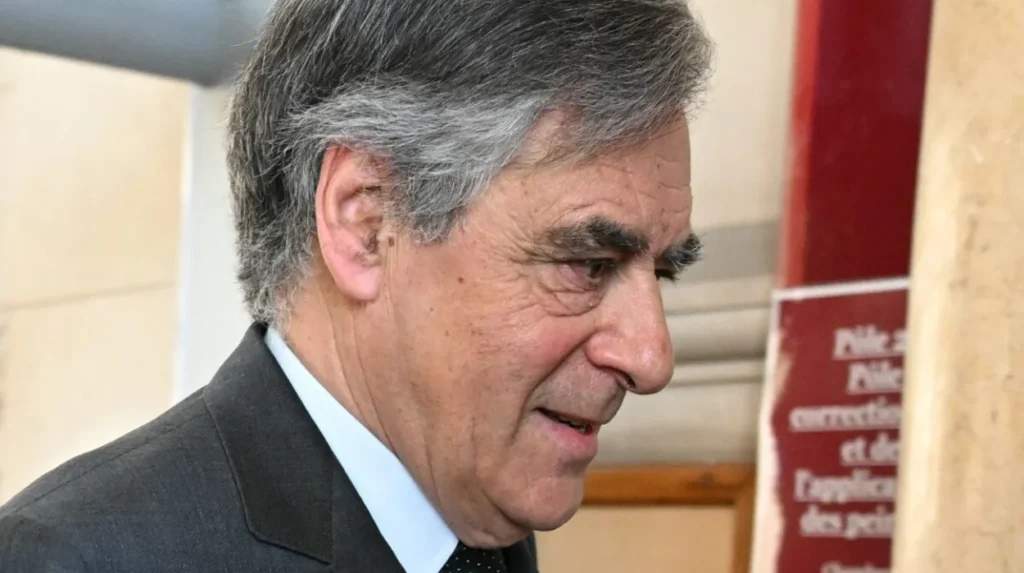The highest court in France, the Court of Cassation, has rejected the final appeal of former Prime Minister François Fillon in the long-standing ‘PenelopeGate’ scandal. The court’s decision officially ends the legal saga surrounding allegations that Fillon illicitly employed his wife, Penelope Fillon, in a fictitious parliamentary job, a case that has deeply impacted French politics and public trust.
The ‘PenelopeGate’ affair first erupted in 2017 during the French presidential election campaign, severely damaging Fillon’s bid for the presidency. Investigations revealed that Penelope Fillon was paid hundreds of thousands of euros for work that prosecutors deemed to be largely fictitious, sparking accusations of misuse of public funds and hypocrisy from opponents and voters alike.
Despite multiple trials and years of legal wrangling, François Fillon and his defense team maintained his innocence. The final appeal to the Court of Cassation, France’s supreme judicial body for criminal and civil matters, was expected to clarify the case once and for all. However, the court’s rejection marks a firm legal closure to the affair, with Fillon’s convictions upheld, including charges of embezzlement of public funds and breach of trust.
Fillon’s legal troubles began when investigative journalism first uncovered suspicious employment contracts for Penelope Fillon, suggesting she had been paid for parliamentary assistant work that was never performed or was grossly exaggerated. The case led to a criminal trial where the court found that Penelope’s role was, to a large extent, a sham, designed to funnel public money into the Fillon household.
Despite the verdicts, Fillon has consistently insisted on his and his wife’s integrity. “I have always claimed that my wife worked for me and deserved her salary,” Fillon told reporters in previous interviews. Yet, the courts ultimately determined that the evidence pointed to a clear breach of public trust, shaking confidence in elected officials.
Legal analysts note that the Court of Cassation’s dismissal of the appeal solidifies a precedent in French politics regarding accountability and misuse of public funds. The court made clear that such actions are incompatible with public service, emphasizing that “elected officials must be held to the highest standards of transparency and integrity,” reflecting growing public demand for ethical governance.
The political reverberations from ‘PenelopeGate’ have persisted since 2017, with Fillon’s career severely damaged and the scandal often cited as a turning point that influenced the presidential election outcome. Emmanuel Macron’s rise to power was partly attributed to the disarray and distrust surrounding the traditional right-wing parties, which Fillon once represented.
Fillon’s case has also led to calls within France for stricter regulations on parliamentary assistants and greater scrutiny of legislators’ use of public funds. Several reforms have since been proposed and enacted to increase transparency, aiming to restore public confidence in government institutions.
Opposition leaders and political commentators underline that the scandal is symptomatic of broader issues in French politics related to nepotism and opaque funding mechanisms. The ‘PenelopeGate’ affair serves as a cautionary tale on the consequences of unchecked political privilege and the essential role of investigative journalism in exposing corruption.
In addition to its political ramifications, the case reflects societal expectations for accountability among public servants in democratic systems. The court’s final ruling has been welcomed by anti-corruption groups, who regard it as a victory for justice and democratic principles.
However, Fillon’s supporters view the trial and public backlash as disproportionate and politically motivated. They argue that the case has been exploited by opponents to sideline a key political figure and alter the political landscape.
The ‘PenelopeGate’ affair remains one of the most potent examples of political scandal in recent French history, demonstrating the intricate relationship between media scrutiny, judicial processes, and electoral politics. It underscores how personal actions of politicians and their families can have far-reaching consequences for public trust and democratic legitimacy.
As for François Fillon, the end of his legal options means that his political future is unlikely to revive, at least in the near term. The court’s decision closes a chapter that began with high hopes for political leadership but was ultimately derailed by scandal and legal condemnation.
This case continues to inspire debates about the ethics of political funding and the measures needed to prevent abuses. It also serves as a reminder for politicians worldwide that their conduct, both public and private, is subject to intense scrutiny and must align with the principles of public service.







